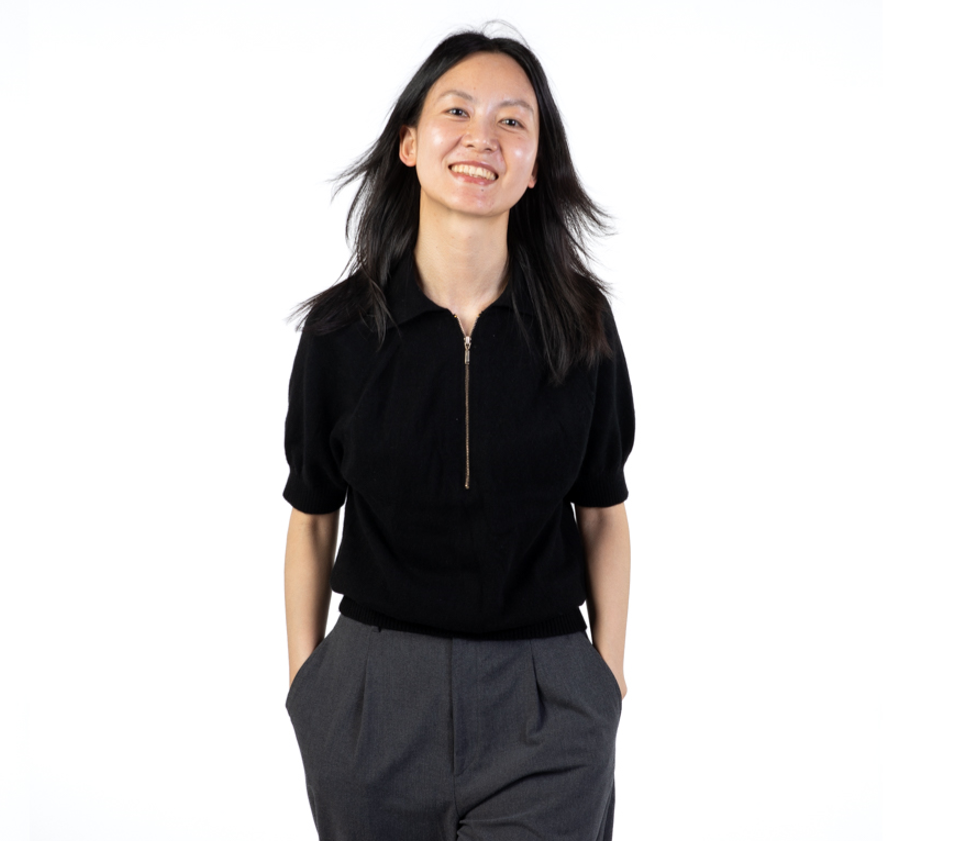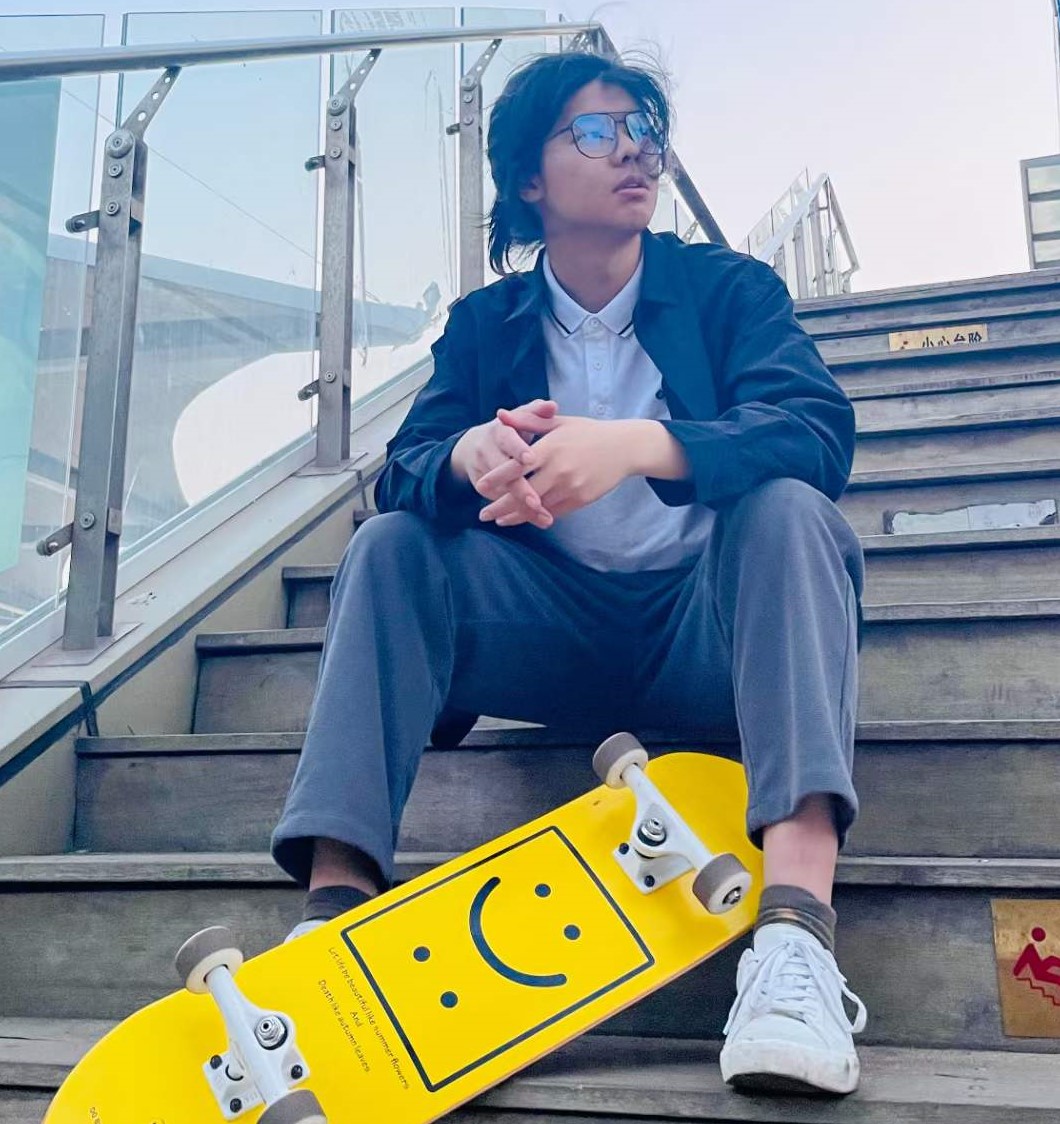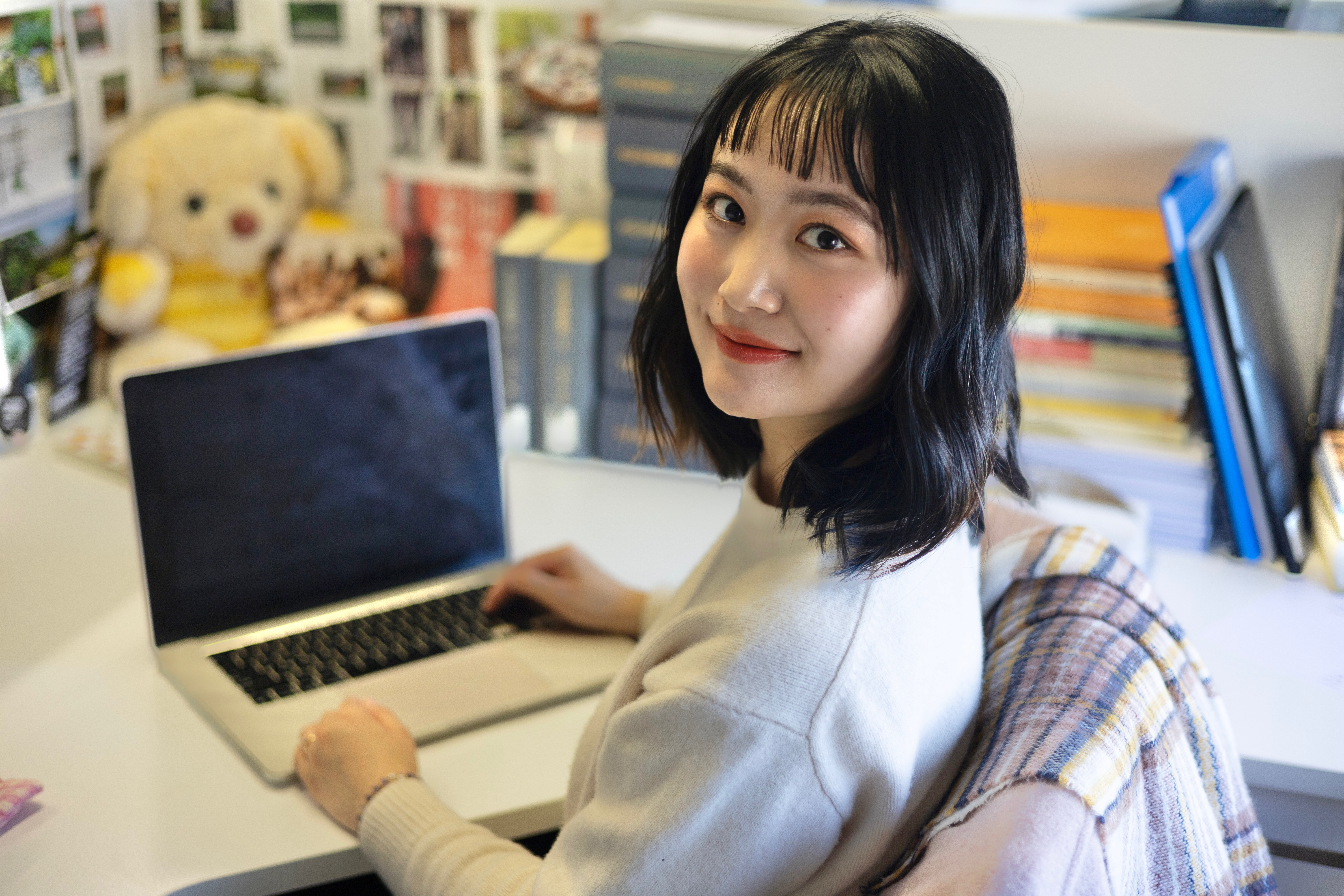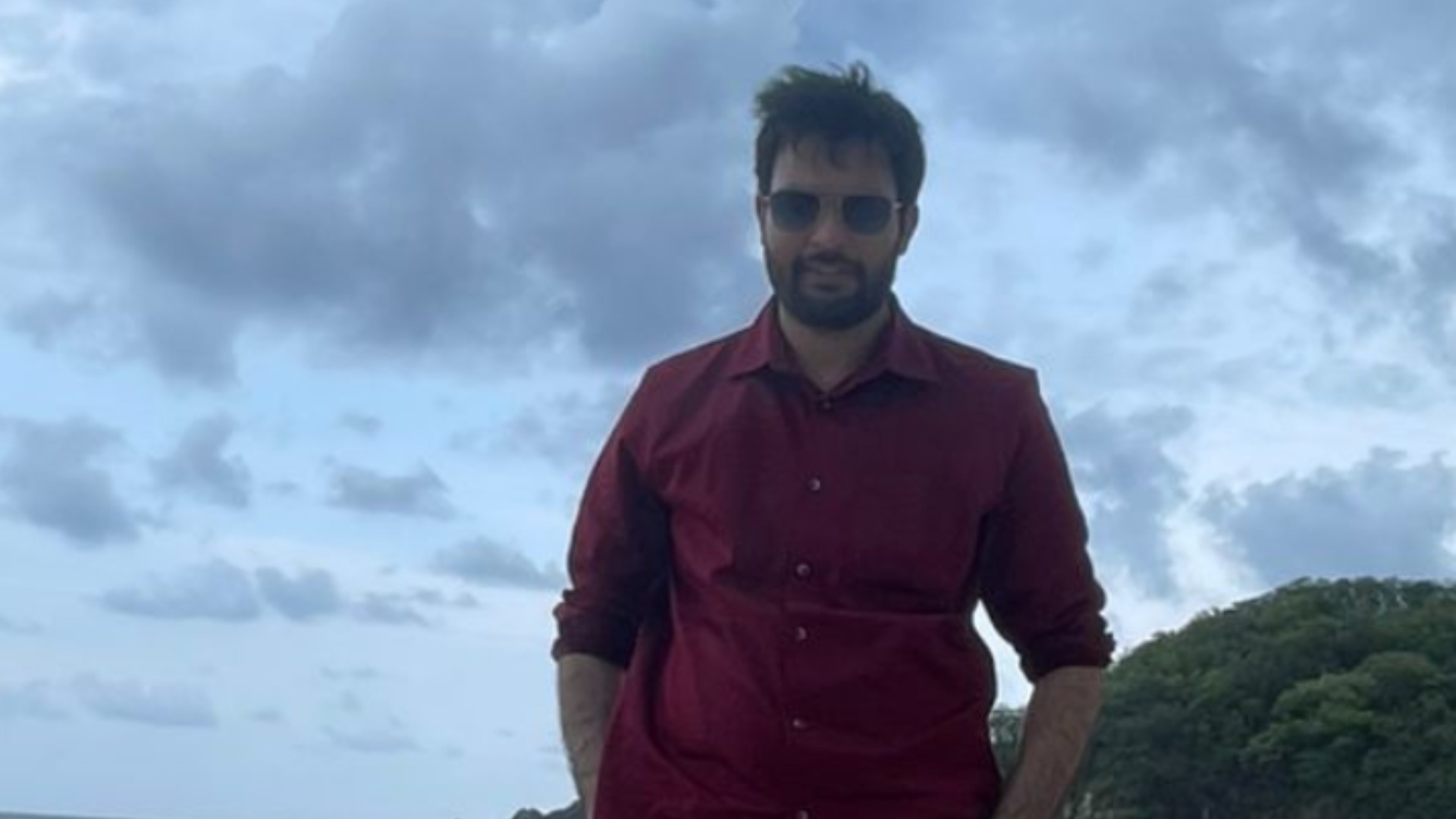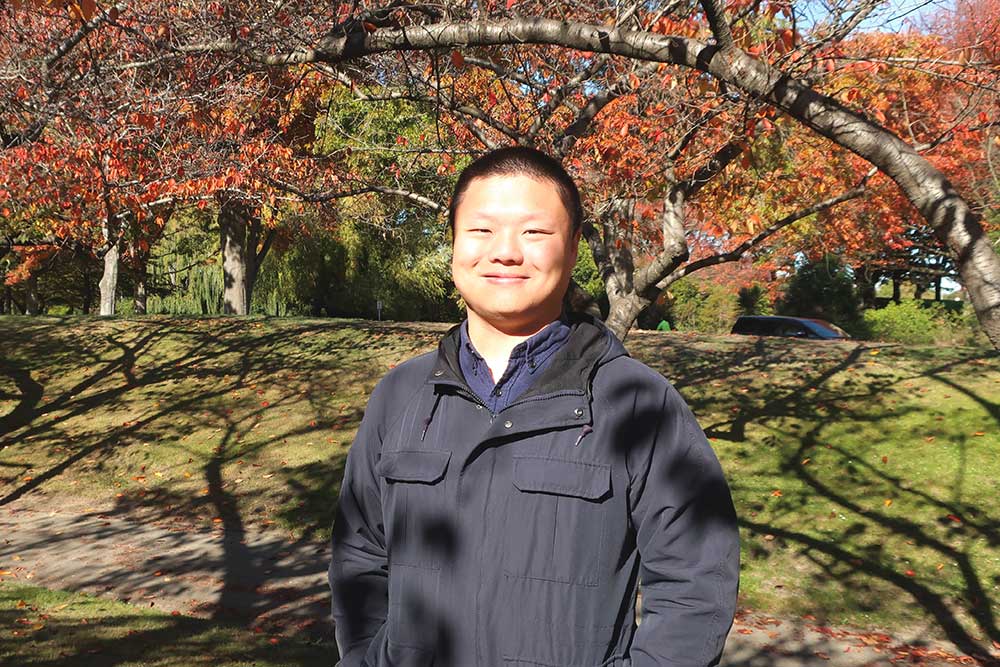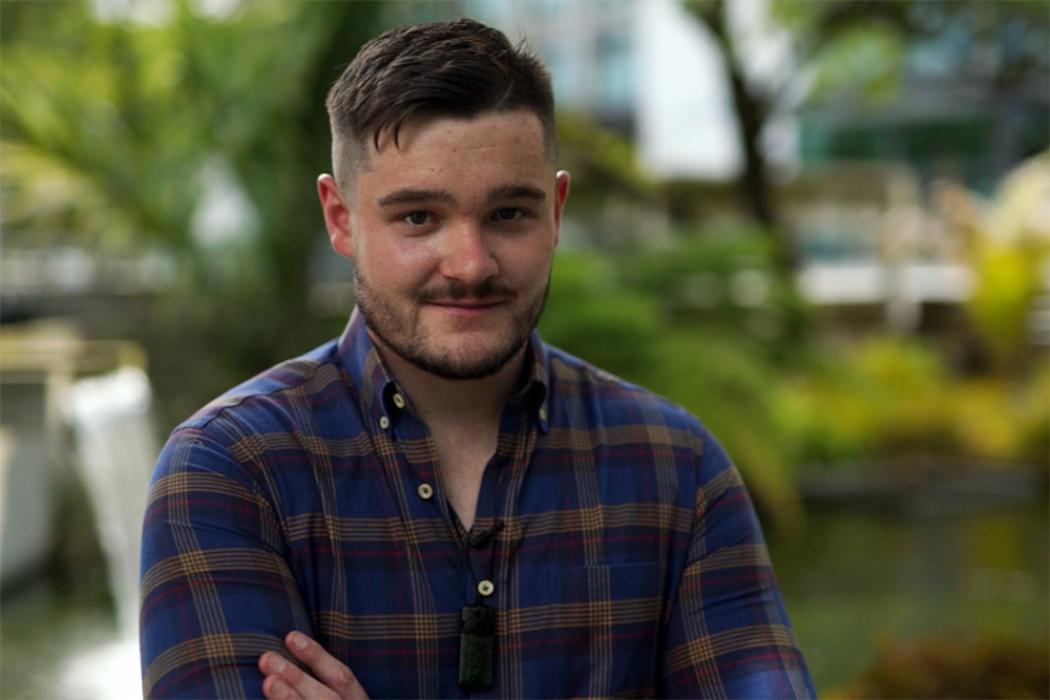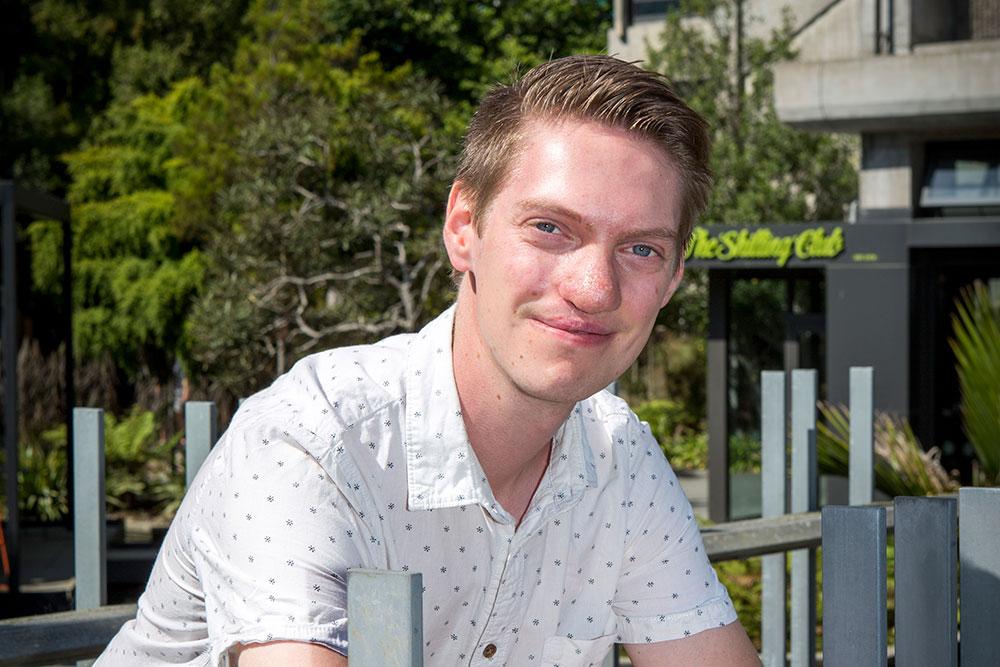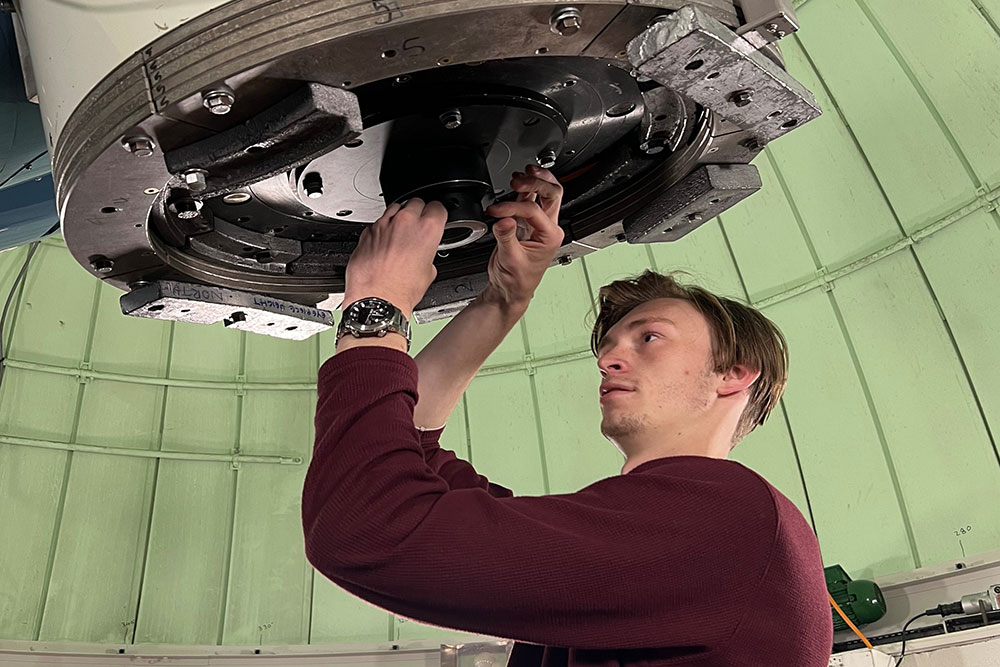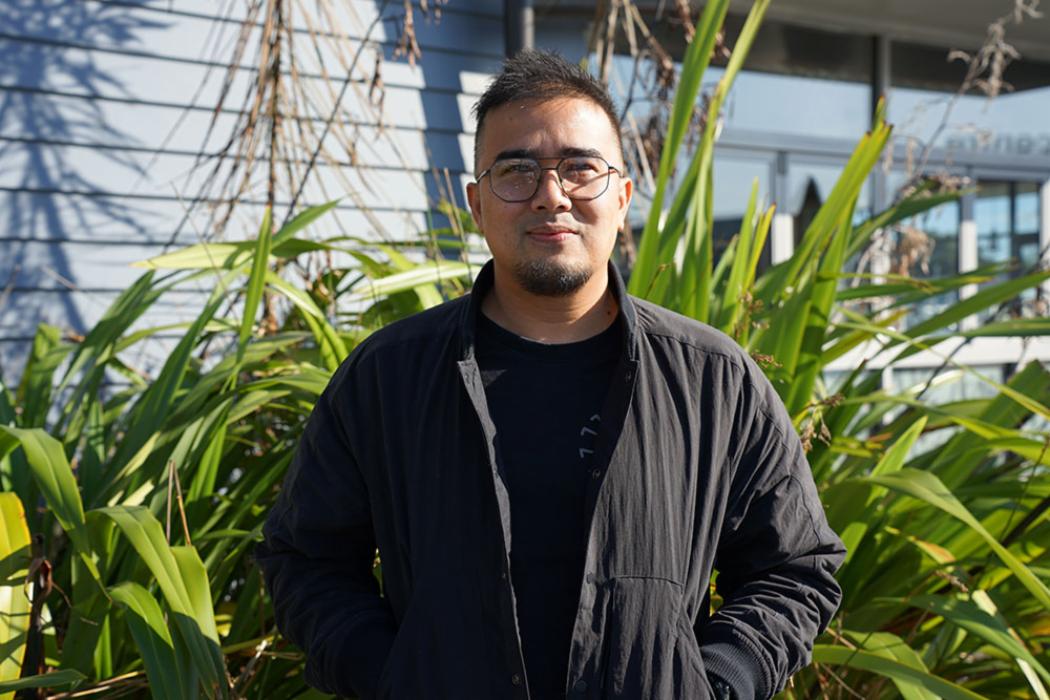Tell us more about your PhD! What is your research on?
I am looking into how people navigated information in the digital world, especially during times when democracy feels under pressure. My research looks at how countries like Indonesia are teaching their citizens to spot misinformation and think critically online. What makes my work unique is studying this from a non-Western perspective, since most of digital literacy research focuses on Western frameworks. The challenges and solutions to reduce misinformation can be quite different in other parts of the world. I am interested in how government programs and community initiatives work together to build people’s digital skills and, in the long run, protect democratic processes.
Have there been any challenges during your studies?
I came to New Zealand from Jakarta, Indonesia. When I first arrived at UC, I was really nervous about my English. Academic writing and presenting in a second language felt overwhelming. But my supervisors were so supportive, and UC has amazing resources for international students.
For my first research presentation, I was worried my accent would be too strong or that my ideas wouldn’t translate well. But when I finished presenting, people were genuinely curious about my work and wanted to understand more. For me, that moment gave me the confidence to continue my research journey. Now, I actually enjoy engaging in academic discussions. It taught me that stepping out of your comfort zone is where the real growth happens.
Is there an achievement that makes you proud?
Presenting my research at the International Association for Media and Communication Research conference in 2024. It was an amazing experience to share my research with scholars from around the world and get their perspectives. The questions they asked really helped me see my work from new angles and made me realise how relevant my research is to global discourse about democracy and misinformation.
Do you have advice for anyone thinking of starting their postgraduate journey?
I would say to choose a topic that you genuinely care about. PG research is a marathon and there will be days when you question everything, it is you against yourself. If you are passionate about your topic, that feeling will help you through the challenges. Also, don’t be afraid to seek help, the academic community is generally very supportive, and your supervisors want you to succeed.
Do you have any projects you are working on?
Thanks to my supervisor, Professor Natalia Chaban’s recommendation, I’m part of the Heritage Ukraine (HER-UKR) international research team, which is supported by the Jean Monnet Policy Network and Erasmus+ of the European Commission. We research EU-Ukraine heritage diplomacy, and it’s been an incredible learning experience. Working with colleagues and professors from Ukraine has given me a firsthand perspective on the Russia-Ukraine war and its impact on cultural heritage. What I love about this project is how it shows that research can address urgent, real-world issues. It also shows how academic collaboration can transcend borders.
Finally, tell us a bit about your goals for the future!
I’d love to continue in academia, I feel research and teaching feed off each other. When you present your ideas, you see your work through fresh eyes and often discover new questions to explore. I love that my research has real world implications, understanding how people process information online is actually matters of society. So, the possibility of influencing policy also excites me.


